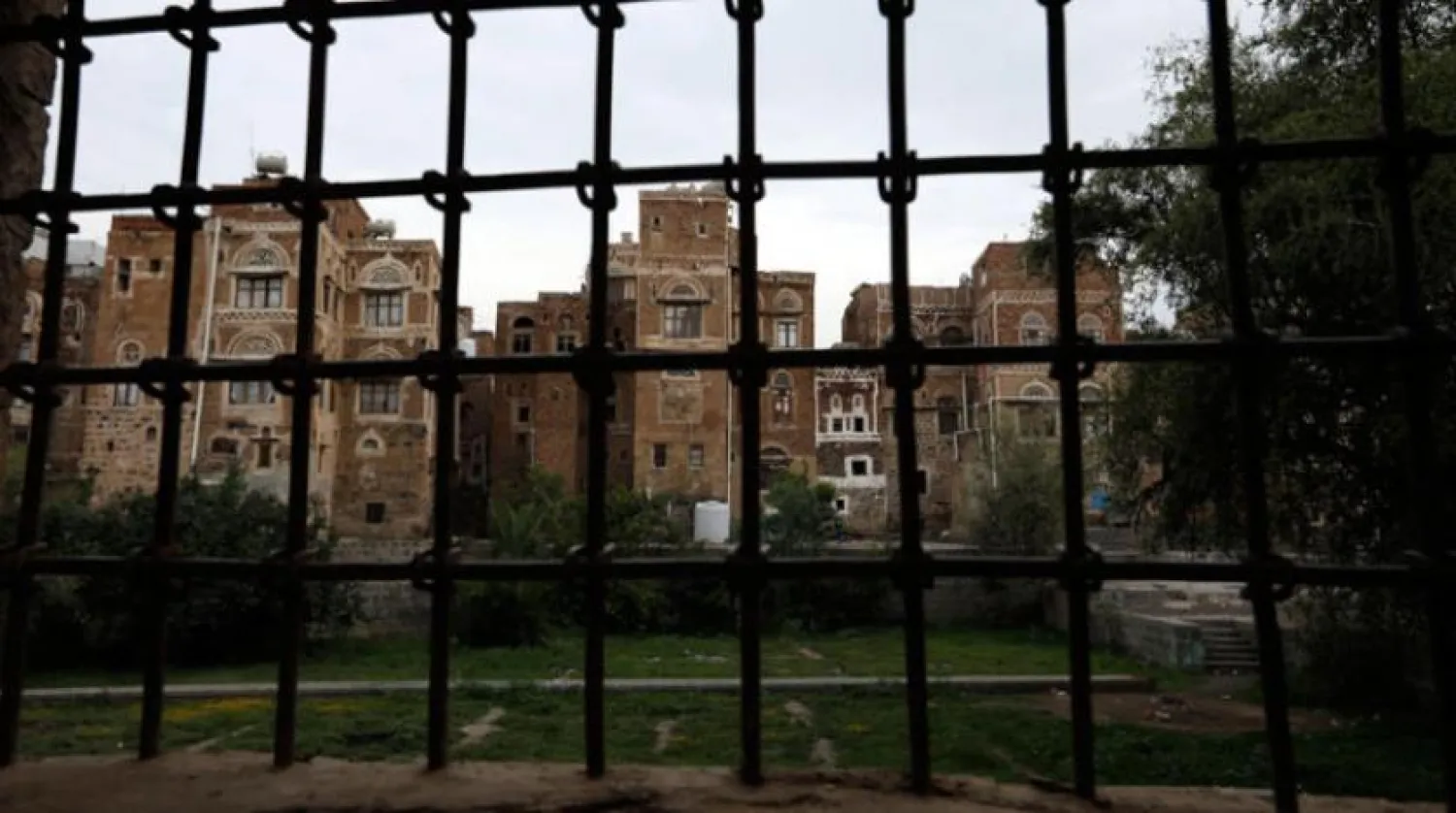Houthi militias in Yemen did not stop at firing 904 interior ministry officials whom they accused of treason and have gone as far as deciding to terminate the service of another 150 intelligence officers, informed sources told Asharq Al-Awsat.
Officers and officials sacked by the Iran-backed militia were removed from their posts for not displaying loyalty to the insurgency’s sectarian rule. They will be replaced by Houthi recruits who the Lebanon-based Hezbollah and Iranian intelligence trained.
A few days ago, Houthis officially declared having staged a purge against hundreds of security sector personnel working in areas under their control. The oppressive campaign featured seizing the salaries of employees and stripping them of their rights.
The Houthi supreme police council has finalized the legal procedures for the termination of 904 officials on the grounds that they have betrayed their country, pro-Houthi media outlets said.
In the Houthi-captured Yemeni capital of Sanaa, Houthi officials had recently held a meeting specifically for purging security institutions from workers who do not share the group’s sectarian values and fail to display total loyalty to the Houthi leader and allies in Iran, a Sanaa-based security source told Asharq Al-Awsat.
Speaking under the condition of anonymity for security reasons, the source revealed that Houthi leaders, at the meeting, assigned the insurgency’s police to complete registering the names of other officers and individuals suspected of not having allegiance to the group so they can dismiss them.
Additionally, the Houthi council formed a committee to prepare criminal files of the officers who have joined the government and refer them to the prosecution.
Another committee was formed to gather information about other officials who have links to the government.
At the meeting, Abdulkarim al-Houthi, the Houthi’s interior minister, acknowledged that the decision to arbitrarily fire the workers directly reflected orders expressed by the group’s leader, Abdul-Malik al-Houthi, in his latest speech.
Moreover, the source revealed the group sacked the officers it had repeatedly failed to persuade into attending their indoctrination courses and sectarian training camps.
It is noteworthy that Houthis have recently revoked the memberships of dozens of MPs loyal to the government.









